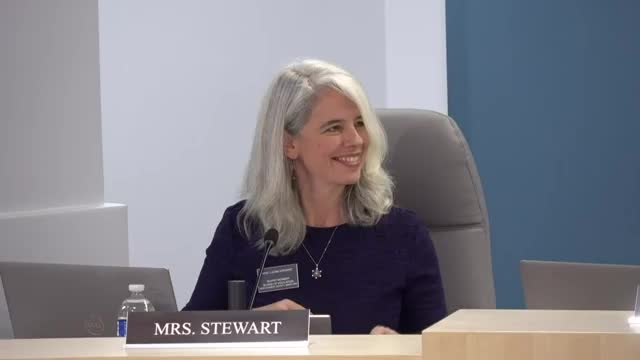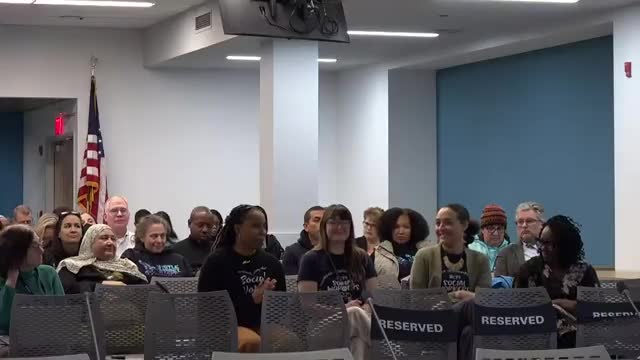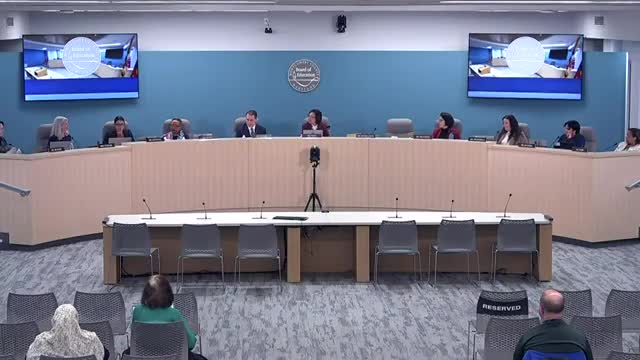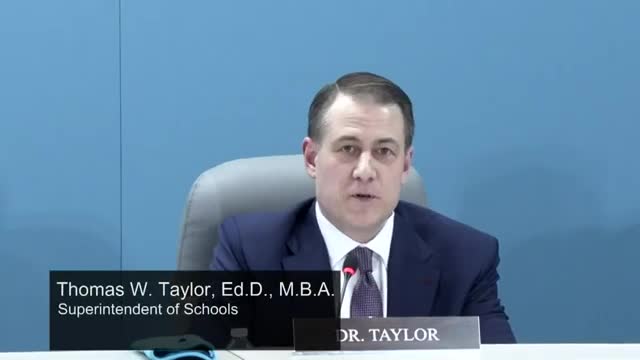Article not found
This article is no longer available. But don't worry—we've gathered other articles that discuss the same topic.

Board approves facilities assessment contract; first 50 schools prioritized for CIP data

Parents, staff and students press MCPS on budget cuts, Whitman lottery transportation, Argyle building and program cuts

Board takes positions on multiple Annapolis bills, opposes several finance and program restrictions and supports limited measures

MCPS presents 'Away All Day' pilot findings; principals urge consistent implementation and community outreach

